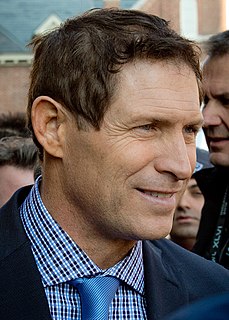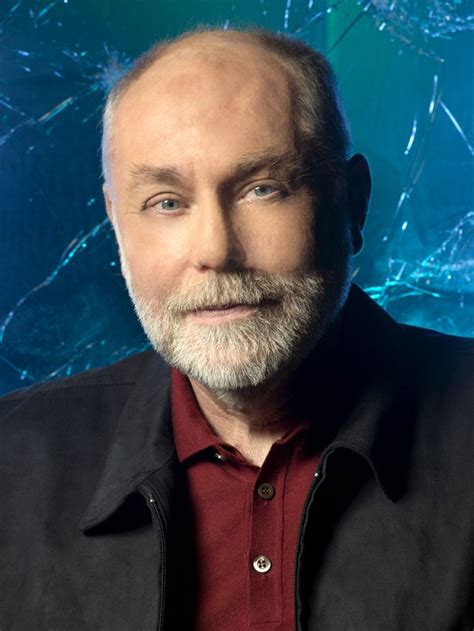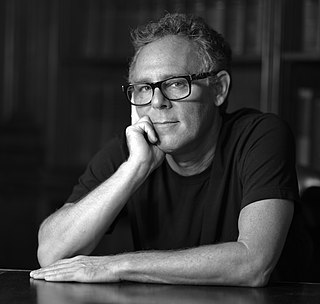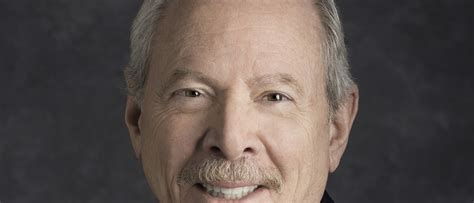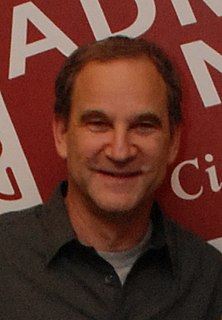A Quote by Steve Young
Private equity is a science project for many, many years, and when you have a science project, it leaves the human beings as a secondary fact.
Quote Topics
Related Quotes
Referring to professor Muller's Berkely Earth Surface Temperature Project, "The Best project's treatment of science and of the public has been shoddy. That so many so-called reporters in the mainstream media should have been so uncritical and accepting of what was clearly misrepresentation is shocking. Once again they have been found to be supporters and advocates for a particular point of view when they should have been critical commentators and journalists. Climate science is important. It deserves better.
As a director, I have to feel realism from actors, and they can't be plastic. The words for me are secondary, but the chemistry between the actors is most important. However, you have to go by the script because it's related to production, otherwise you will not finish your project. My background are acting, film production, directing, and I studied them for many years. Keep in mind that you need many other skills when you are starting any film project related to real life.
Of course, it's always difficult to disentangle fact from fiction in relation to, e.g., the singularity project. Many scientists I know are dismissive of transhumanist claims, BUT the last 100 years has surely taught us never to underestimate the pace and scope of scientific progress. However, even if much of this turns out to be science-fiction, it also reveals a way of thinking about human life that I find deeply troubling.
This - where we are now - is where a culture gets to, when it has chosen, for many years, banality over intelligence, the literal over the immaterial or complex, materialism over spirituality. This is the result of many years of disrespecting the intellectual project - of a collective acceptance of the idea that thinking and reasoning and reading deeply in difficult text and being respectful of history are somehow "wimpy" or secondary.
Evolution is far more than a belief or an educated guess about how people came to be as they are. It is, in fact, the product of converging evidence from many, many different fields of science. Many, many thousands of studies that, in fact, have provided a theory, an organizing principal in fact, that describes how humans came to be.
I would say the producer is the person who is there from the beginning to the end of the project. Either the person who creates, generates, or discovers the project, the person who performs many of the functions that are necessary to getting that project to the point where it is financed and then where it is in production, finished, marketed and released.
In the temple of science are many mansions, and various indeed are they that dwell therein and the motives that have led them thither. Many take to science out of a joyful sense of superior intellectual power; science is their own special sport to which they look for vivid experience and the satisfaction of ambition; many others are to be found in the temple who have offered the products of their brains on this altar for purely utilitarian purposes.
Project 523 was both a good and a bad thing. They held so many meetings, and there were so many competing centres, it was a real mess. Nearly every province had their own research centre, and they all asked me to share my research, which I did. But that's no way to do science. They wasted a lot of money and a lot of time.
